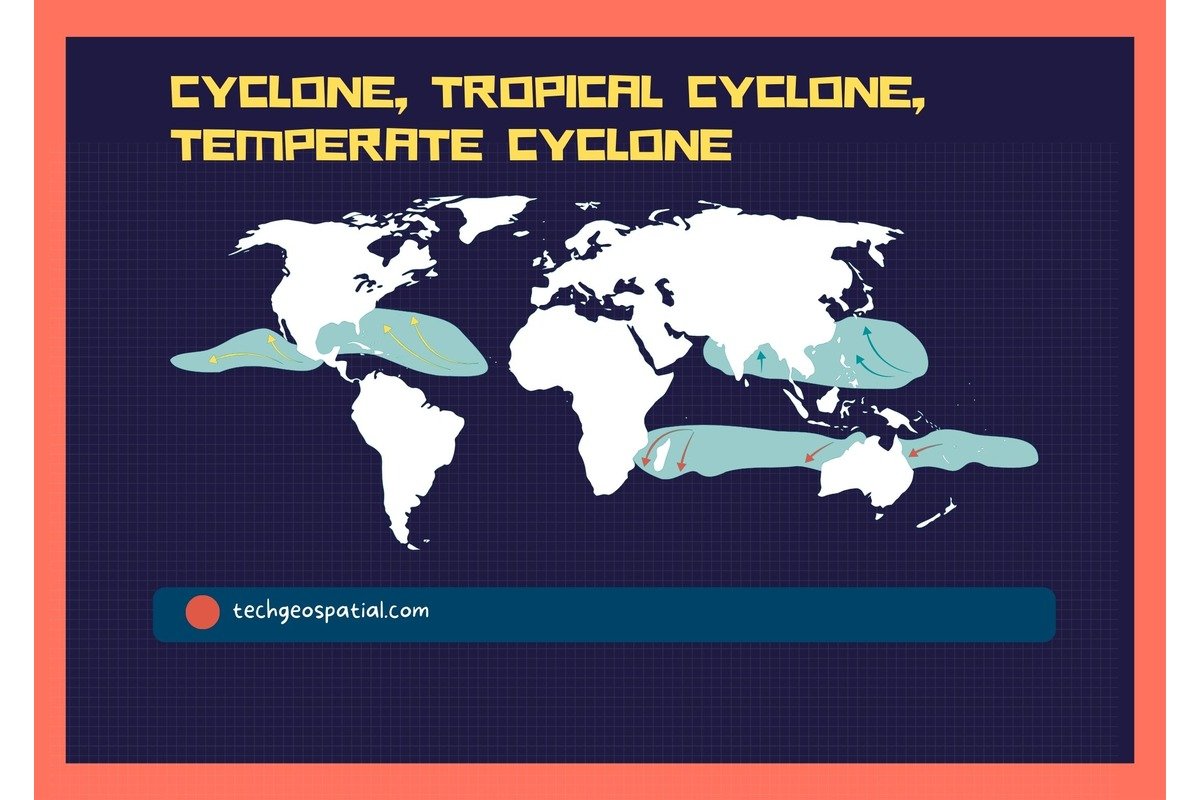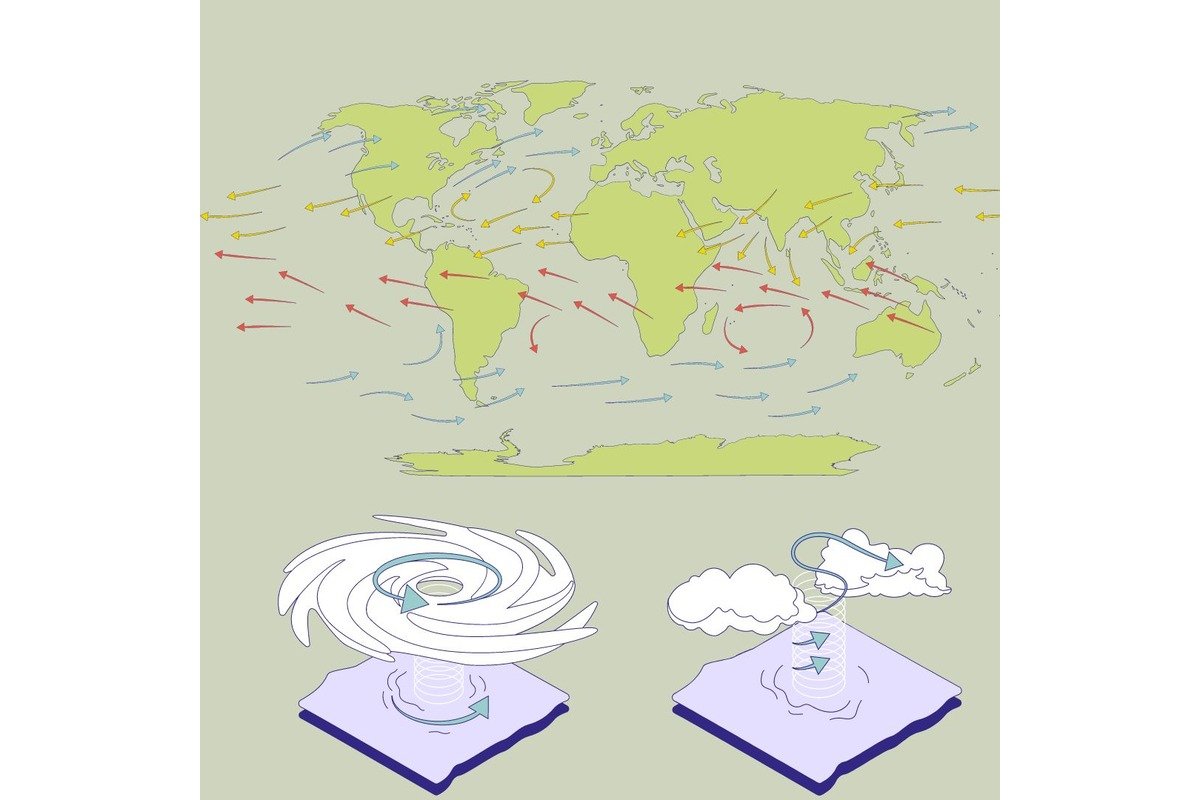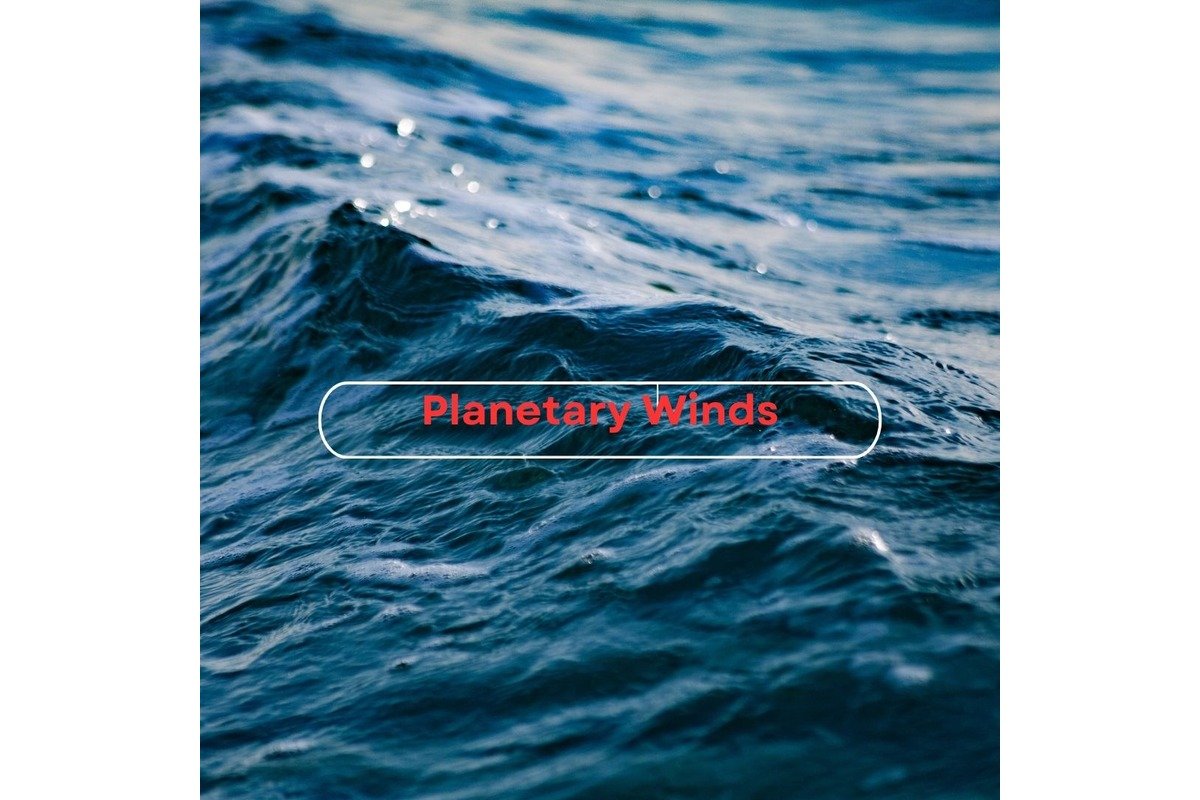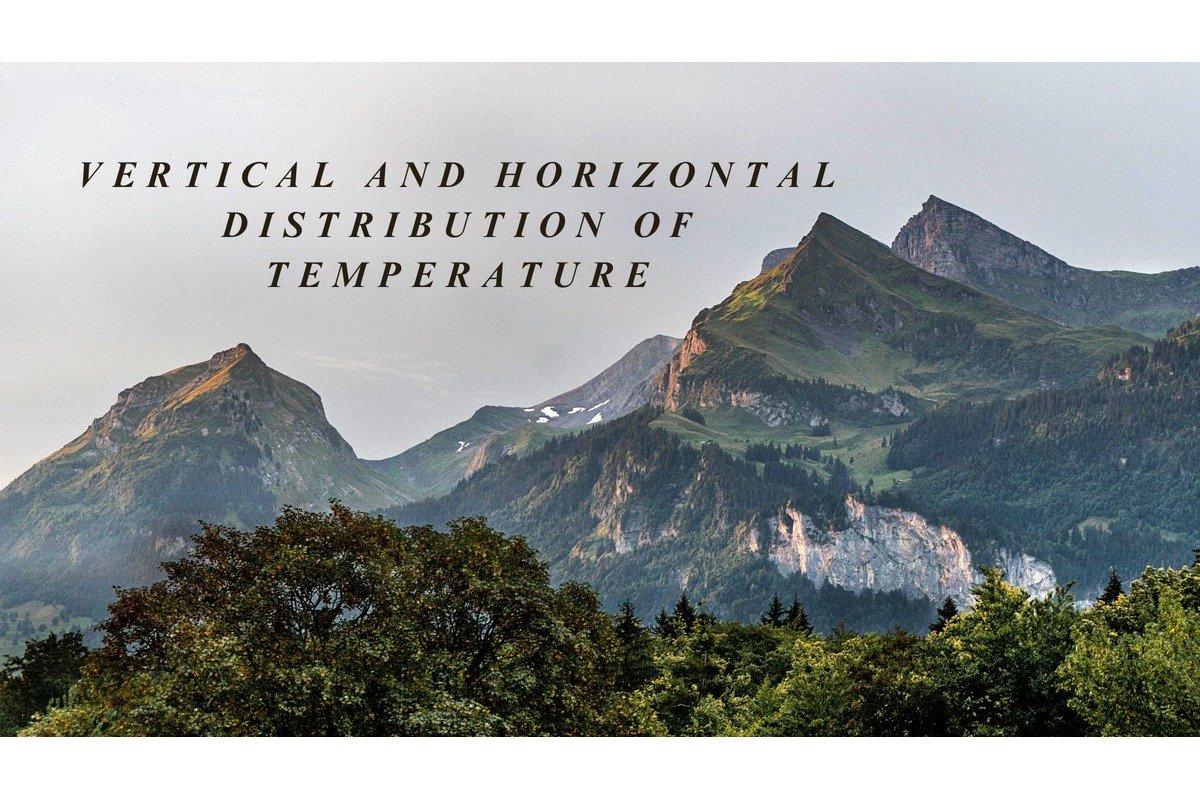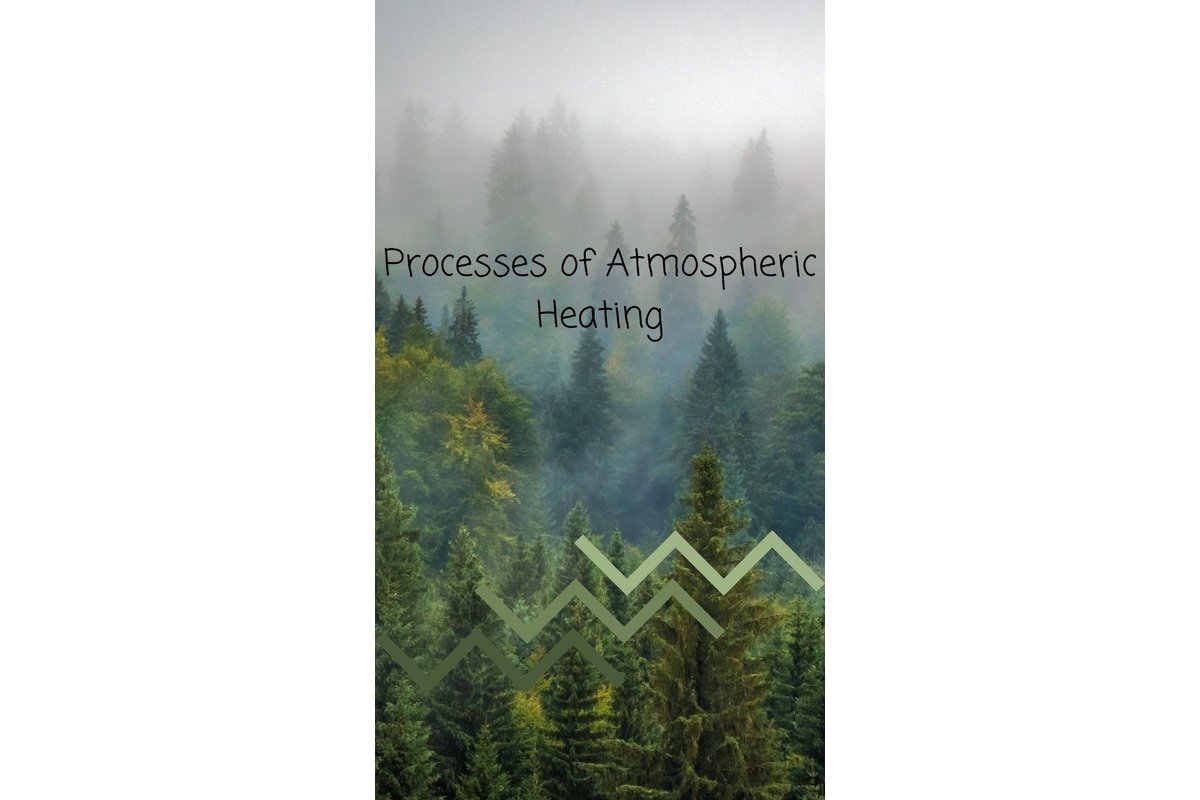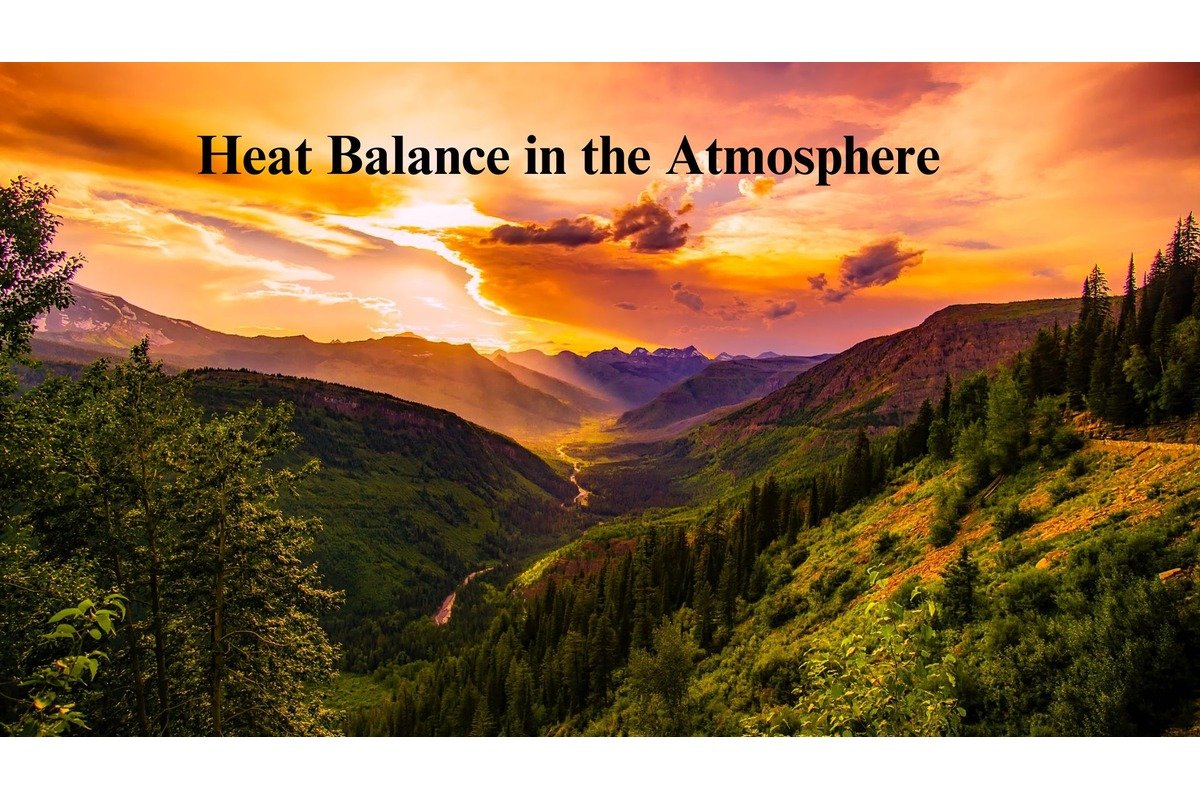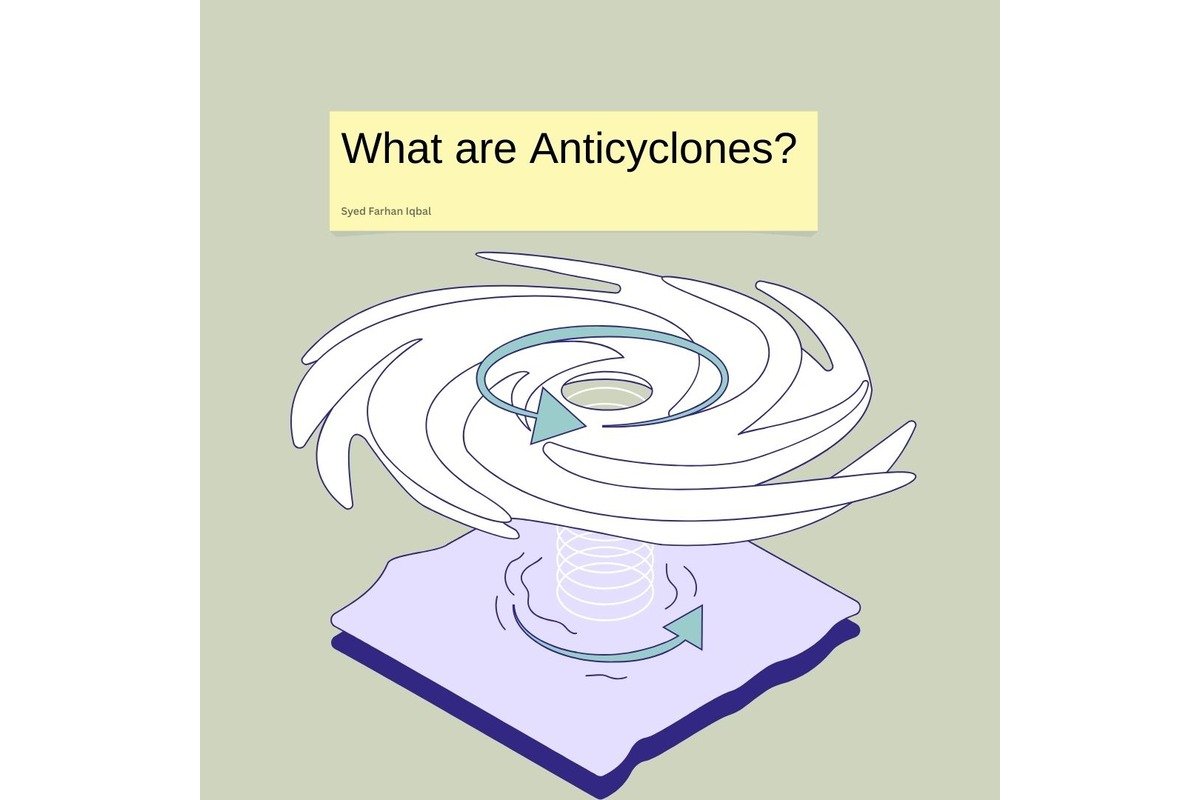
Understanding Anticyclones: A Guide
Introduction to Anticyclones Anticyclones are fascinating meteorological phenomena that play a crucial role in shaping weather patterns around the world. Understanding what anticyclones are and how they form is fundamental to comprehending various atmospheric processes and their impacts on weather and climate. What are Anticyclones? Anticyclones, also known as high-pressure systems, are large-scale atmospheric circulation…

